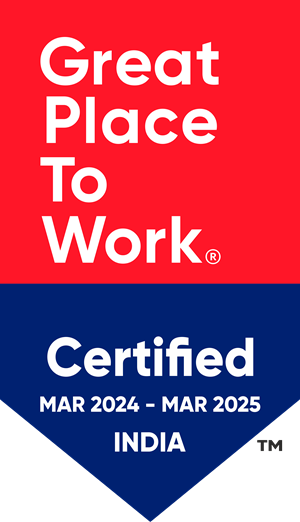
5 Strategies to Manage Project Overruns
Project overruns are a common challenge across various industries, often filled with unexpected challenges and obstacles. This is one of the most common issues managers face, as when a project goes beyond its planned timeline or budget, it can lead to a cascade of problems, from strained client relationships to significant financial losses.
While certain delays are unavoidable, smart management practices can significantly reduce the possibility of delays and keep your projects on track. Here are five techniques for managing project overruns more successfully.
1. Clear and Detailed Planning
The foundation of any successful project lies in its planning. First, define precise goals, then divide the project into smaller tasks and create reasonable deadlines for each one of them. Think about possible risks and make backup plans if something goes wrong. The more detailed your planning, the better prepared you’ll be to handle unexpected challenges.
2. Regular Monitoring and Reporting
Keeping a tight watch on the progress of the project is important for avoiding overruns. Set up regular monitoring and reporting systems to track the progress of every task. This will help you to detect mistakes early and take steps to correct them before they worsen. Weekly team meetings can help ensure that everyone is on the same page and that any issues are solved as soon as possible.
3. Effective Communication
Clear and consistent communication is vital for the smooth execution of any project. Establish open lines of communication among all team members, stakeholders, and clients. Promote transparency and ensure that everyone understands their roles and responsibilities. Additionally, address any concerns or modifications immediately to avoid misunderstandings.
4. Resource Management
Effective resource management is important for keeping a project on track. Ensure that you have the right people, supplies, and equipment available when needed. Regularly monitor resource allocation and avoid overburdening your staff. Doing this can reduce the possibility of burnout and boost productivity.
5. Flexible and Adaptive Approach
No project is free from change. Whether due to unforeseen challenges or client requests, changes can impact your project’s timeline and budget. Taking a flexible and adaptable approach allows you to adjust your plans without affecting the entire project. Be open to adjusting timelines and revising deliverables as needed to accommodate changes while remaining committed to meeting the project’s overall goals.
Although they can be a big setback, project overruns can be properly controlled or even prevented with the correct plans in place. By implementing these 5 methods, you can keep your projects on track and deliver successful outcomes.









